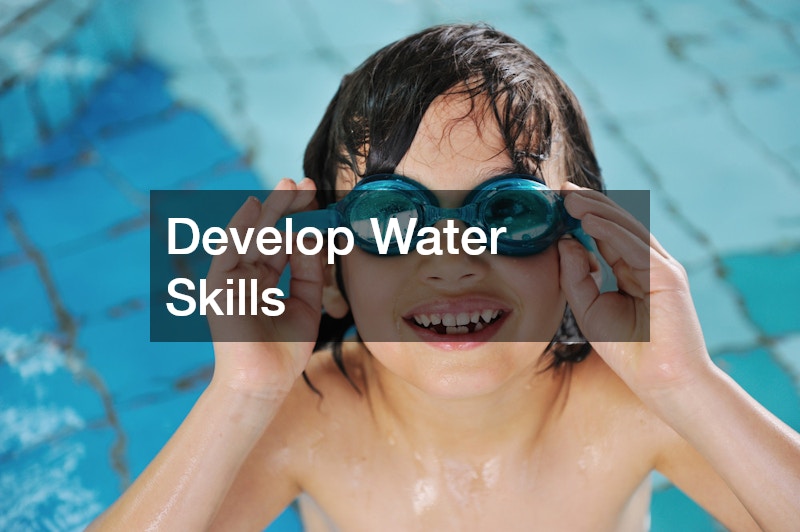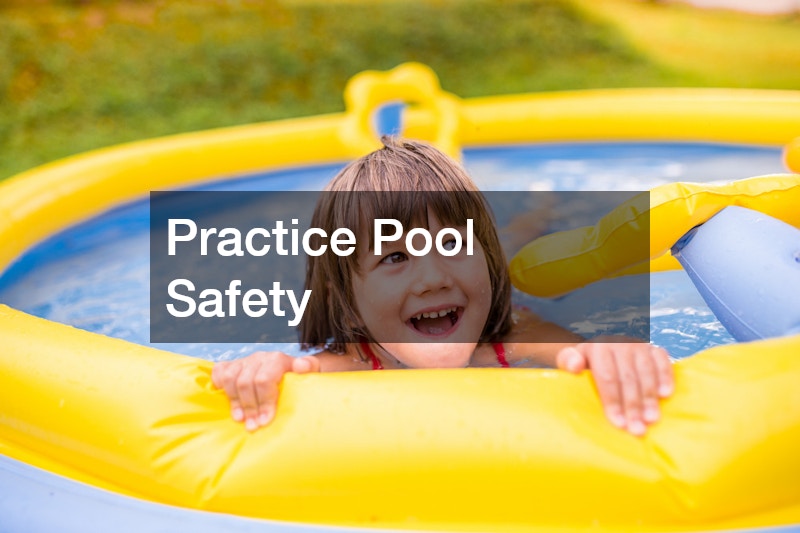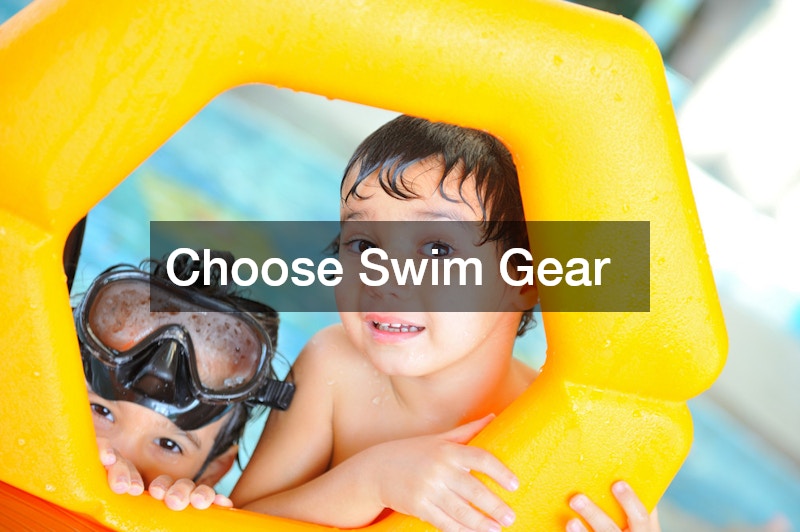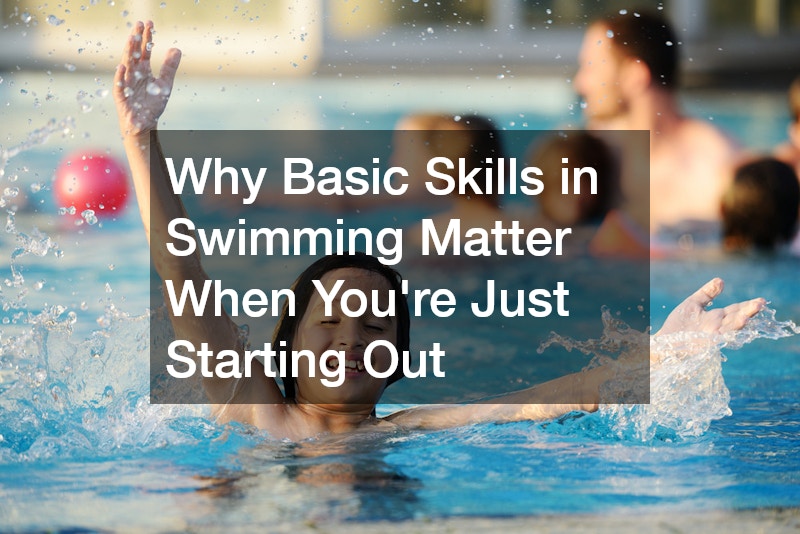Learning to swim opens up a world of fun, freedom and safety around water—but it all begins with mastering the basics. Whether you’re wading in for the first time or helping your child take their first strokes, understanding why basic skills in swimming matter can make a huge difference. These foundational techniques aren’t just about movement—they build confidence, encourage safety and ensure swimmers can enjoy the water without fear.
Getting started in the water should always be a positive experience. By focusing on gentle exposure, structured guidance and appropriate gear, beginners can develop the right mindset and ability. This early focus supports lifelong safety and enjoyment, whether at beaches, pools or water parks. From building familiarity with water to understanding how to float, breathe and move efficiently, the path begins with a few simple but powerful skills.
This article will explore how to foster confidence through early learning, the importance of pool safety knowledge and how the right equipment from pool supply stores can support progress. When general skills in swimming are taught with care and purpose, they create not only better swimmers but safer, more confident individuals in and around water.
Develop Water Skills

Confidence in water doesn’t come from jumping straight into the deep end—it’s cultivated through steady, supported exposure. Early learning is essential because it allows new swimmers, particularly children, to understand and connect with water in a way that feels natural. These early stages should focus on developing a sense of buoyancy, breath control and comfort with movement, all without pressure.
For young children, early learning programs use fun games and songs to reinforce vital skills. Blowing bubbles, floating with assistance and moving through water with parental support all contribute to greater awareness and ease. For older learners or adults, early learning might look like guided sessions with instructors who explain technique while helping swimmers remain calm and steady.
Establishing strong basic skills early supports faster learning and better technique later on. Most importantly, it also reduces anxiety, increases motivation and builds long-term trust in water environments. These early achievements set the tone for a safer and more rewarding swimming journey, no matter your age.
Practice Pool Safety

Knowing how to be safe in and around pools is just as important as knowing how to swim. A strong understanding of safety practices can prevent accidents and instil lifelong habits that benefit everyone, from toddlers to teens to adults. Basic skills in swimming always go hand in hand with pool awareness—from understanding depth markers to recognising when supervision is needed.
New swimmers should be taught how to enter and exit pools safely, how to tread water and what to do in case of fatigue or cramps. Learning how to float on your back or signal for help are often overlooked but crucial life-saving techniques. When pool safety is emphasised from the beginning, it becomes second nature.
For parents, it’s also essential to stay informed about pool fencing laws, supervision protocols and CPR training. Whether it’s at a public facility or a backyard pool, safety must always be front of mind. Simple precautions like swimming in designated areas, avoiding running near water and staying hydrated can make a big difference.
Ultimately, pools can offer joy and relaxation—but only when everyone in and around them understands and practises the rules that keep swimmers safe.
Choose Swim Gear

Having the right swim gear is a vital part of learning, and it all starts with choosing the right equipment. Quality goggles, flotation aids, swim caps and beginner-friendly swimwear can all enhance comfort and performance. Pool supply stores are the best place to find products tailored to beginners, whether you’re buying for kids or adults.
Goggles help swimmers see clearly and keep their eyes free from irritation, encouraging longer and more confident practice. Swim vests and arm floaties provide support for those still developing their balance and technique. Kickboards and pool noodles can also play a big role in building leg strength and breath control.
Shopping at dedicated pool supply stores ensures that you’re getting safe, well-reviewed items suitable for your skill level. Staff can offer advice, and many stores also stock educational resources like swim guides and training DVDs. Investing in the right gear can reduce discomfort, speed up learning and make sessions in the water more enjoyable overall.
Good swim gear doesn’t just provide convenience—it supports skill development and safety. When used correctly, it becomes part of the learning process, helping beginners gain confidence, stay focused and make steady progress.
Mastering the basic skills in swimming is more than just a stepping stone—it’s the foundation for a lifelong relationship with water. With early learning techniques that foster confidence, an understanding of pool safety practices and the right equipment from trusted pool supply stores, beginner swimmers can feel supported from day one.
Whether you’re introducing your child to the pool or diving into lessons yourself, investing time and care in learning the fundamentals will pay off. These simple, essential skills promote confidence, safety and joy, ensuring that every new swimmer gets the best possible start.
